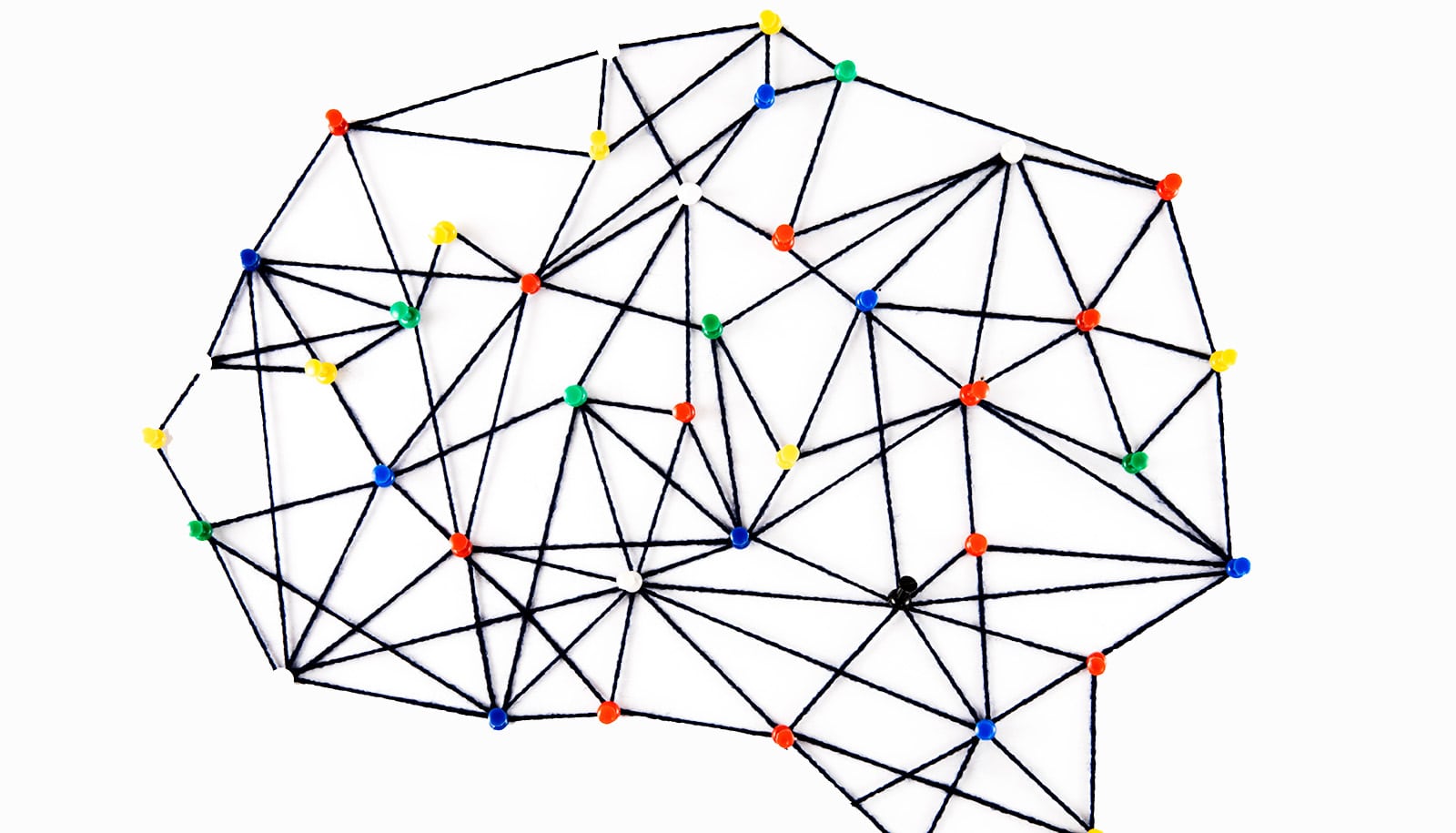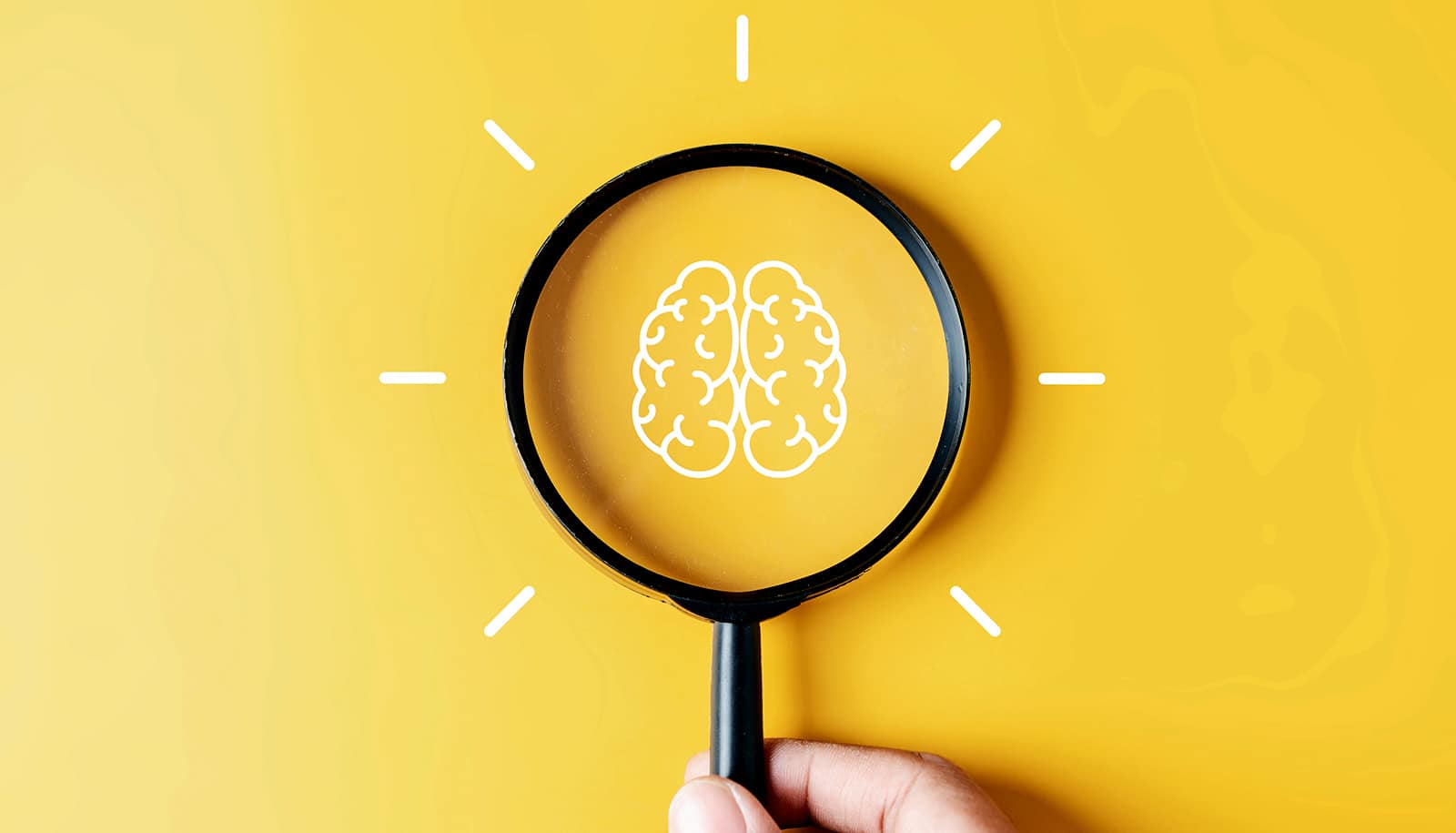Researchers have identified mechanisms in the brain’s hippocampal network that ketones rescue.
These findings in mice build on previous research showing that ketones can alleviate neurological and cognitive effects.
As we age our brain naturally becomes more insulin resistant. This creates a breakdown in communication between neurons, causing symptoms like changes in mood, cognitive decline, and eventually neurodegeneration.
Nathan A. Smith, associate professor of neuroscience at the University of Rochester Medical Center, and fellow researchers studied the mechanisms in the brain that break down when insulin resistance is suddenly present, like in trauma, but before symptoms manifest into chronic conditions, like diabetes or Alzheimer’s.
“Once neuronal function is lost, there is no recovering the connection, so we need to identify when the function first becomes impaired,” says Smith, the principal investigator of this research, published in the journal PNAS Nexus.
“This study accomplishes that by bringing us closer to understanding how to rescue the function of impaired neurons and prevent or delay devastating diseases like Alzheimer’s.”
Using mice as a model system, researchers focused on the hippocampus, a well understood region of the brain responsible for learning and memory.
They found acute insulin resistance impairs several aspects of neuronal function, including synaptic activity, axonal conduction, network synchronization, synaptic plasticity, and action potential properties—the processes critical to support the communication flow in and out of neurons.
Researchers then administered D-βHb, a form of ketones, a byproduct released by the liver when the body burns fat instead of glucose for energy. They found that the synaptic activity that was previously affected by acute insulin resistance was rescued, conduction in axons increased, neurons were resynchronized, and increased synaptic plasticity.
“This research has implications for developing ketone-based therapies targeting specific neuronal dysfunctions in conditions involving insulin resistance/hypoglycemia like diabetes or Alzheimer’s disease,” Smith says.
“We are now looking to understand the role that astrocytes and other glia cells play in acute insulin resistance.”
Additional authors are from the Del Monte Institute for Neuroscience at the University of Rochester, Stony Brook University, Harvard Medical School, Memorial Sloan Kettering Cancer Center, Neuroservices Alliance, and Achucarro Basque Center for Neuroscience and Basque Foundation for Science.
Support for this research came from The National Institutes of Health, the National Science Foundation, and the Department of Defense.
Source: University of Rochester



